One of the important aspects of Grand Adventures is sharing the stories of ‘normal people’ as opposed to career adventurers. Tom Lloyd-Smith has a proper job and a real life. So I was very interested to hear his thoughtful observations about his own grand adventure.
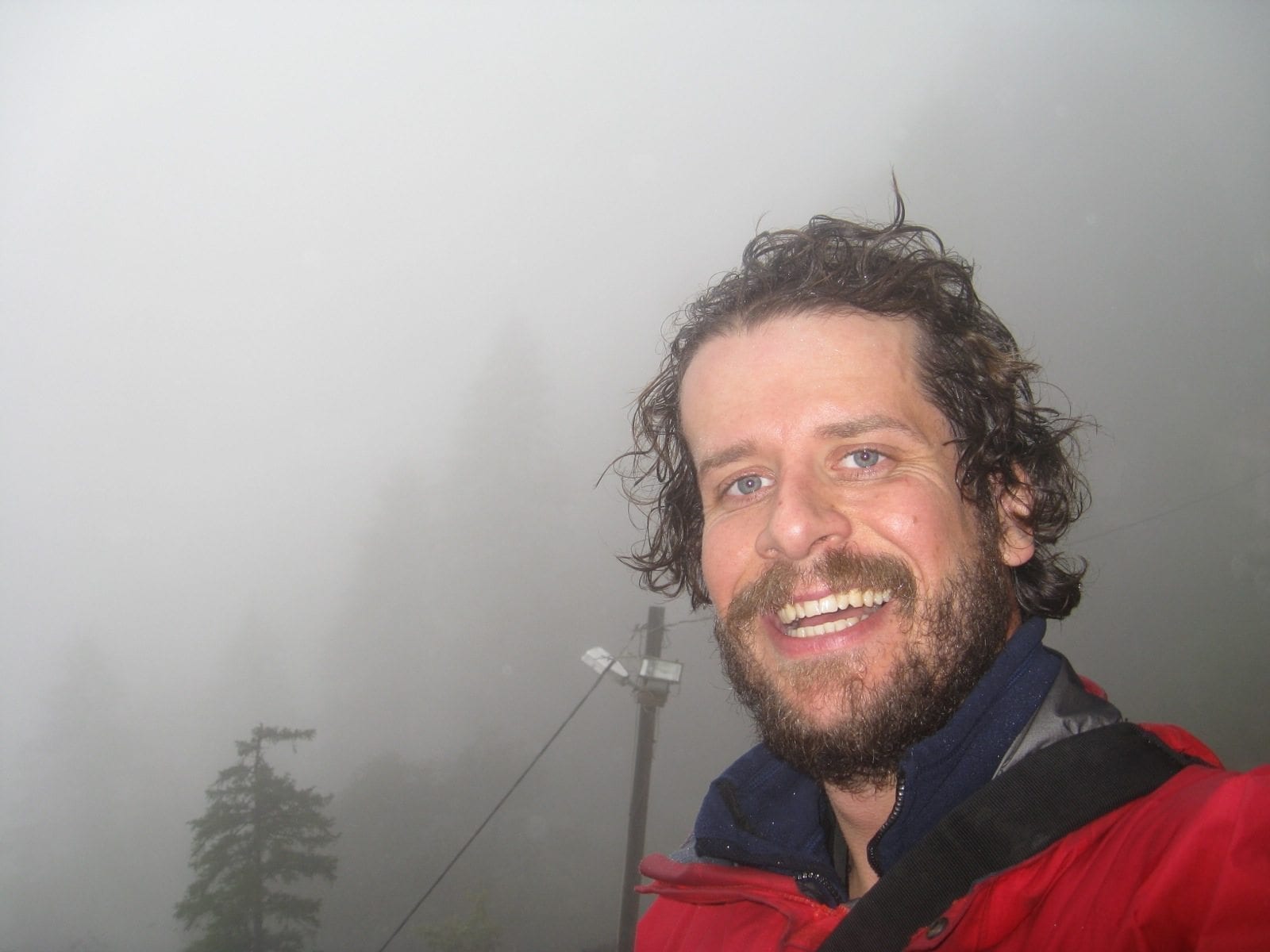
– What did you do?
In 2010-11 I took a career break and rode a bicycle from Kent to Kerala with the idea of visiting some of the world’s classic rock climbing destinations along the way. I spent about £4,500 over the course of the 9 month trip, although 1,200 Euros of that was to replace a stolen bicycle.
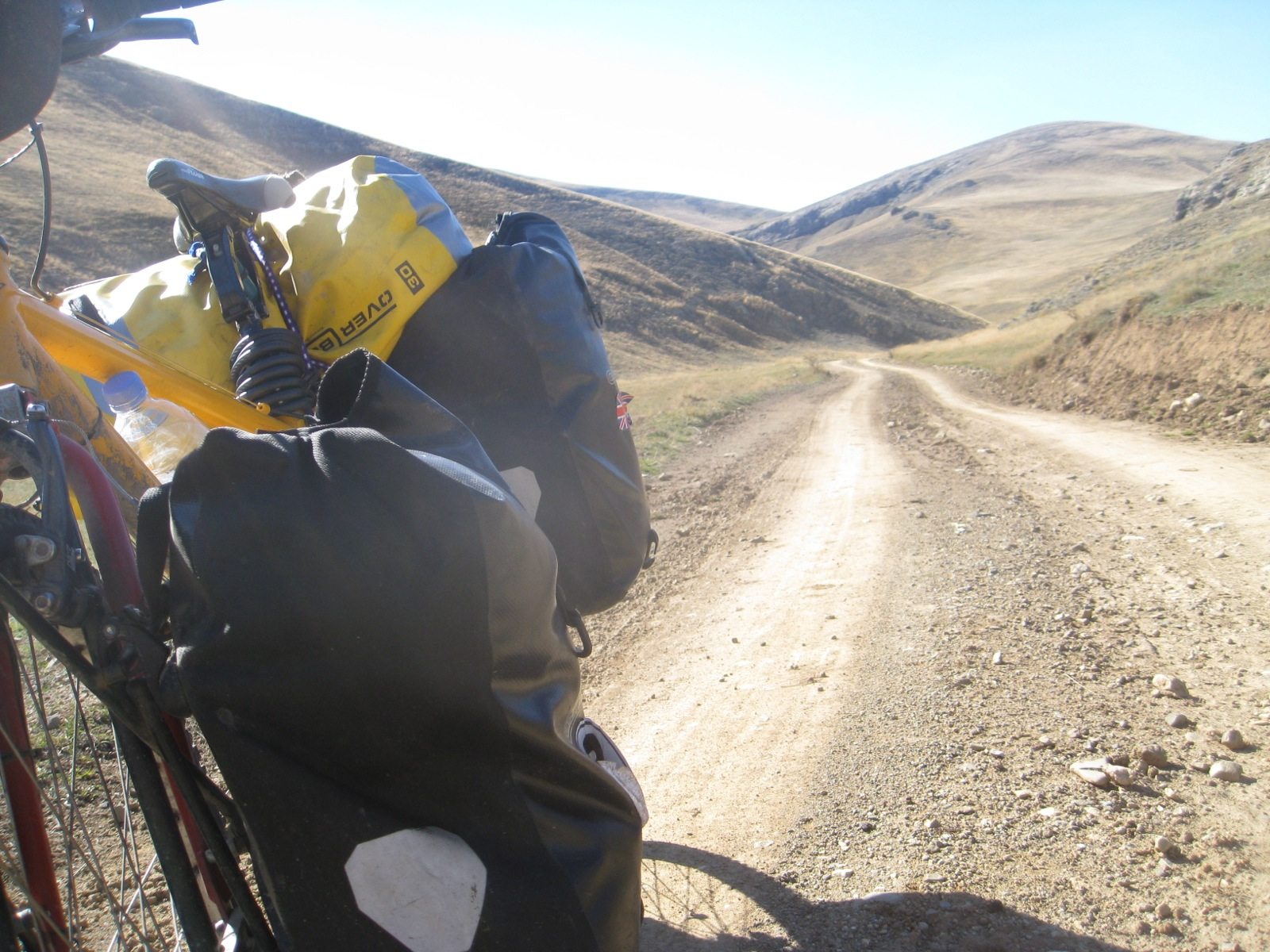
– What were a couple of highlights?
The story I tell most frequently relates to being attacked by dogs while cycling close to the remote and politically unstable Nagorno-Karabakh region of Azerbaijan. I also have fond memories of relentlessly pedalling high passes in freezing, horizontal rain while trying to follow a map which bore little correspondence with reality in Eastern Turkey. These however are definitely “type 2 fun” in that they were, actually, miserable at the time but fun in hindsight. Cycling the Konkan coast south of Mumbai remains my ideal bicycle travel experience; several hundred kilometres of quiet roads and tranquil villages sitting on deserted beaches with basic but far from unpleasant accommodation in people’s spare rooms. When not gently weaving my way along the coastline I spent my time eating delicious, cheap food and drinking Kingfisher beer in beachside shacks while watching the sun set over the Arabian Sea. This experience doesn’t have as much “pub story value” as the tale of a rabid Azeri mastiff trying to tear my throat out, but given a choice between the two, is definitely the experience I would choose to repeat.
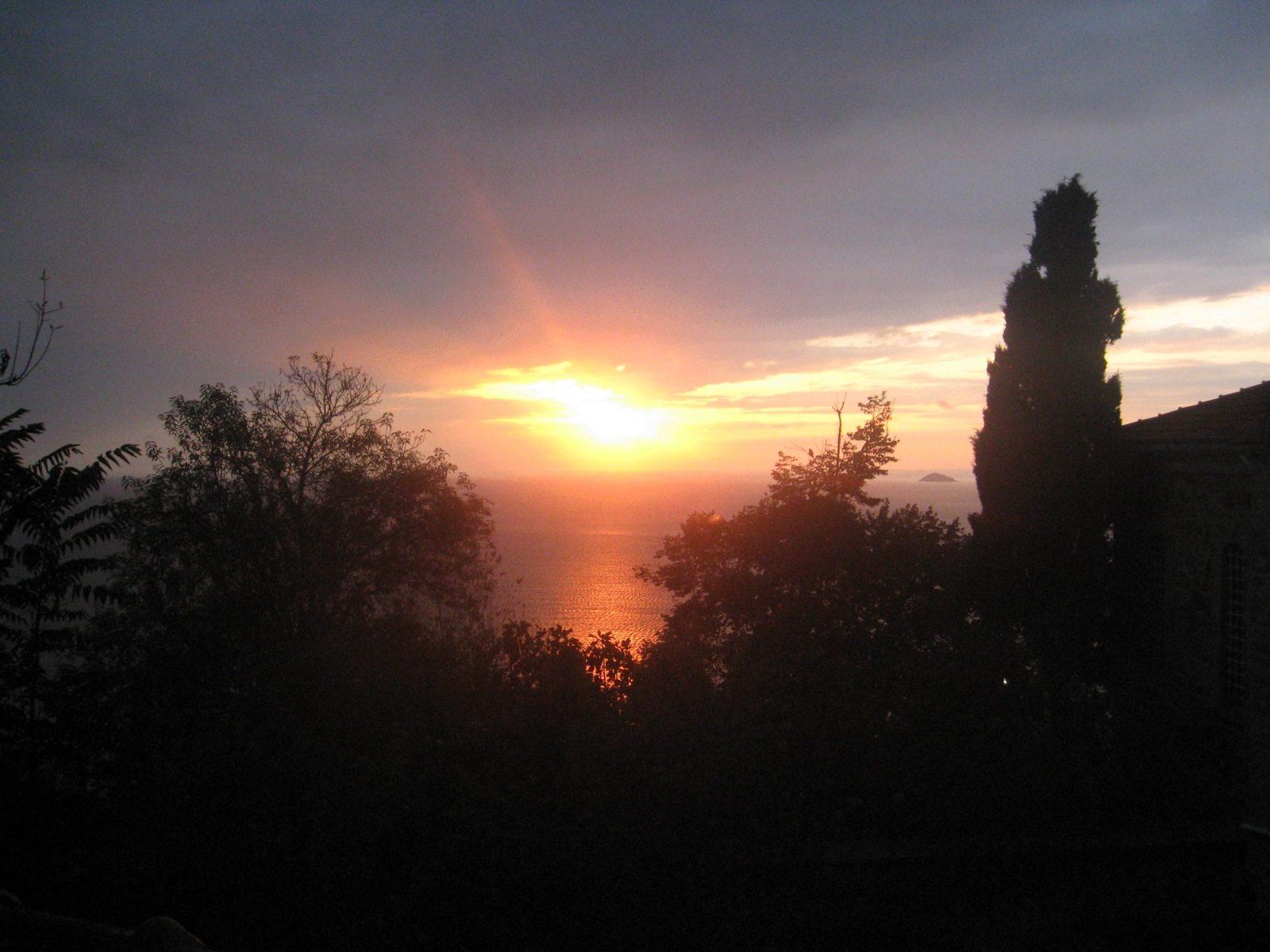
– Why did you do it?
This is a surprisingly complicated question and I’m going to answer it in three ways.
1: On a previous expedition to climb Lenin Peak (a mountain on the Tajikistan – Kyrgyzstan border) I met Swedish cyclist, mountaineer and explorer Janne Corax. I had spent a considerable amount of money in order to undertake a guided expedition to the mountain. Janne had simply cycled to the mountain’s base and climbed it solo, and without a permit, purely for acclimatisation purposes on his way to another unclimbed peak he attempted later in the season. Janne’s ascent of Lenin Peak probably cost him 1/50th of what I spent undertaking the same climb. I was inspired by Janne’s frugality but also his attitude to adventure and his lifestyle. He did not covet particular ascents or mountains and would simply travel by bicycle looking for peaks that were interesting to him, whereupon he would climb them. Many of his most notable ascents are accidental in that he was unaware they were unclimbed peaks before attempting them. After meeting Janne I started reading more about travelling by bicycle, got a touring bike through my employer’s cycle to work scheme and started going on trips around the UK. Eventually I took a career break and undertook the ride to India.
2: Palliative nurse Bronnie Ware writes in her book “The top five regrets of the dying” that every single male patient that she nursed “wished they hadn’t worked so hard”. Equally when talking to retired people it was clear to me that none of them looked back and thought “damn-it, I wish I had spent more time in the office”. I found, and continue to find this interesting because I like and get a thrill out of working hard and I enjoy my job. Even though I had no great desire for an alteration in life course, and was content with the way that my career was progressing I was aware that it would be likely to be increasingly difficult to undertake any grand journey (like cycling to India) as I moved into the next phase of my life. I could see that as I progressed up the career ladder, took on a larger mortgage, got married, had children and so on, travel for more than a couple of weeks at a time would be increasingly unrealistic. This was likely to be my “last hurrah” in travel terms (for a few years at least) and I wanted to make it as ambitious as I could.
3: There is some evidence that the urge for travel/pilgrimage/adventure constitutes a “Jungian archetype” or part of humanities universal collective unconscious which is why many people, myself included, experience “wanderlust”.Some psychologists suggest that this is the reason most religious doctrines have pilgrimage as a central tenet (most notably the Hajj in the Islamic faith) and, while I am an atheist, I was interested in concept of pilgrimage as a tool for spiritual growth.
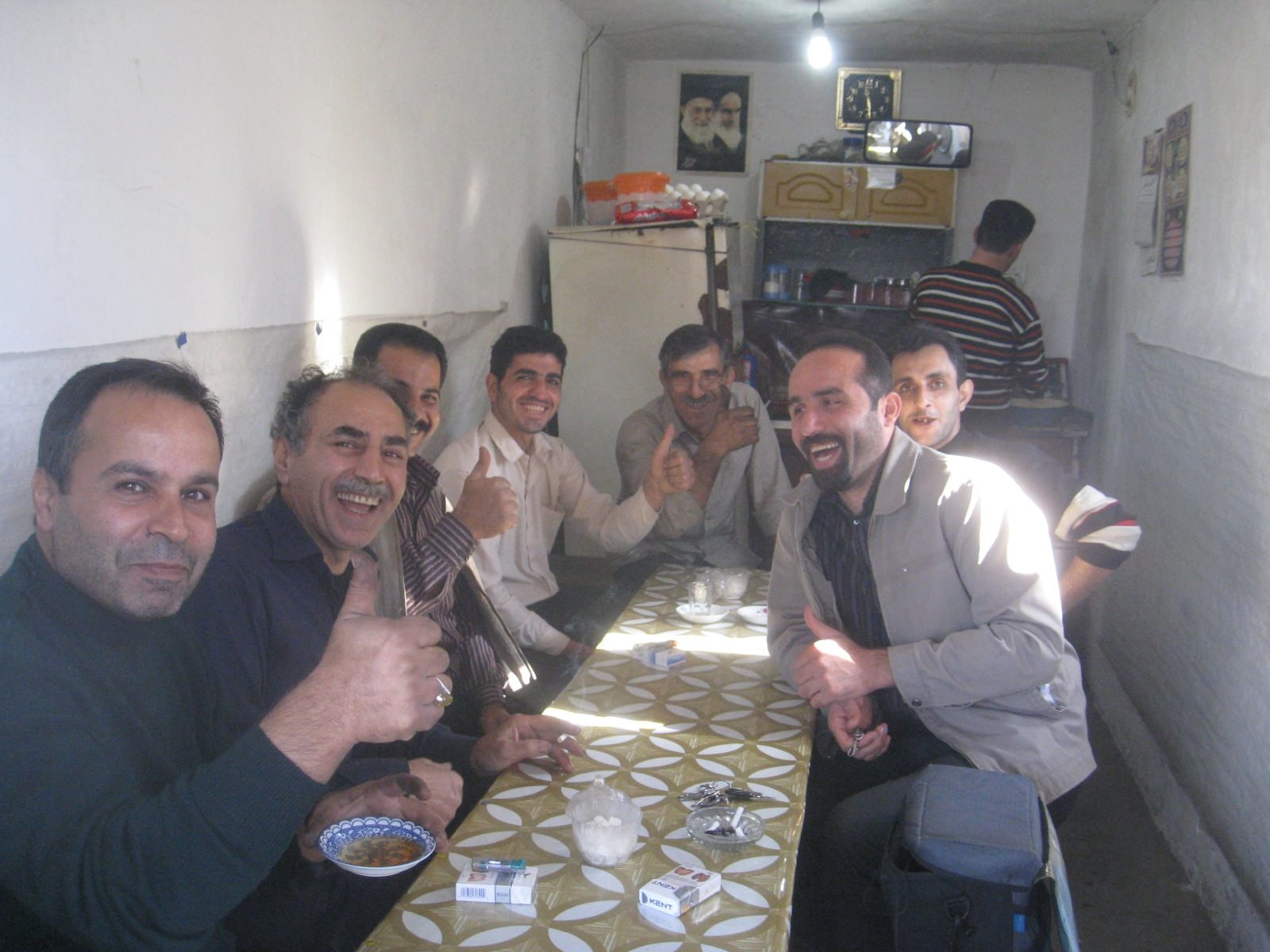
– What were you doing before?
I was living in east London working for a medium sized government quango. When not at work “smashing it in Shoreditch” along with doing a lot of rock climbing and cycle touring was my general MO. I was single when I started planning the trip, but met the woman who was to become my wife close to my departure.
– What impact did this adventure have on your life?
I feel that the journey was quite a formative experience for me, but this did not take the form of a big life changing revelation about how to alter my life course. For me it was much more subtle. I’ve tried to expand on this a little below.
Firstly, there are some surprising parallels between managing the required resources associated with a long distance bicycle travel, and effectively managing a heavy workload and prioritising within a professional context. In simplistic terms the hardships of long distance bicycle travel can be minimised by effective resource management in the same way that marshalling the available resources is critical to performing well in a demanding job. To illustrate, it’s not a disaster if you carry a dozen spare inner tubes on a bike trip, and in many ways it’s very sensible, it’s just not very good use of the limited (weight and pannier-space) resource available. Working out the most efficient way to deliver a project or put together a deal, while sensibly managing all the associated risks, essentially involves the same set of fundamental skills as efficient and enjoyable bicycle travel. Personally, I feel better able to handle the pressures of a demanding job as a result of the experience of this trip and that the skills learned and developed on that journey such as coping with pressure, problem solving and building good relationshipsquickly have proved useful to me in my professional life.
Secondly, the journey was a tapestry of powerful mental highs and cripplingly depressing lows, but it feels rather obvious and trite to make that observation. I think the reason that observation feels so spectacularly un-profound is because a texture of highs and lows also applies to all other lifestyles, just to less pronounced extent. When I’m still in the office at 10pm I now try to remember that while I was on the bicycle journey I missed the camaraderie of work colleagues, the sense of shared purpose and the thrill associated with doing a big deal. To live life pining for something else is inevitably futile and following this journey I try harder to make the best of, and get as much out of any situation that I find myself as possible rather than wishing I was somewhere else.
Lastly, part of the reason I went on this journey was because I was interested in what it would be like to spend an extended period of time alone. As you might expect I found the loneliness challenging but ultimately the experience was quite personally rewarding. The need to look after my spiritual health, (as well as physical and mental health) is something that I am more aware of as a result of this period of solitude. I now make sure that I take twenty minutes to meditate and an hour and a half to do a yoga practice at least once a week, which is not something I did with the same commitment previously.
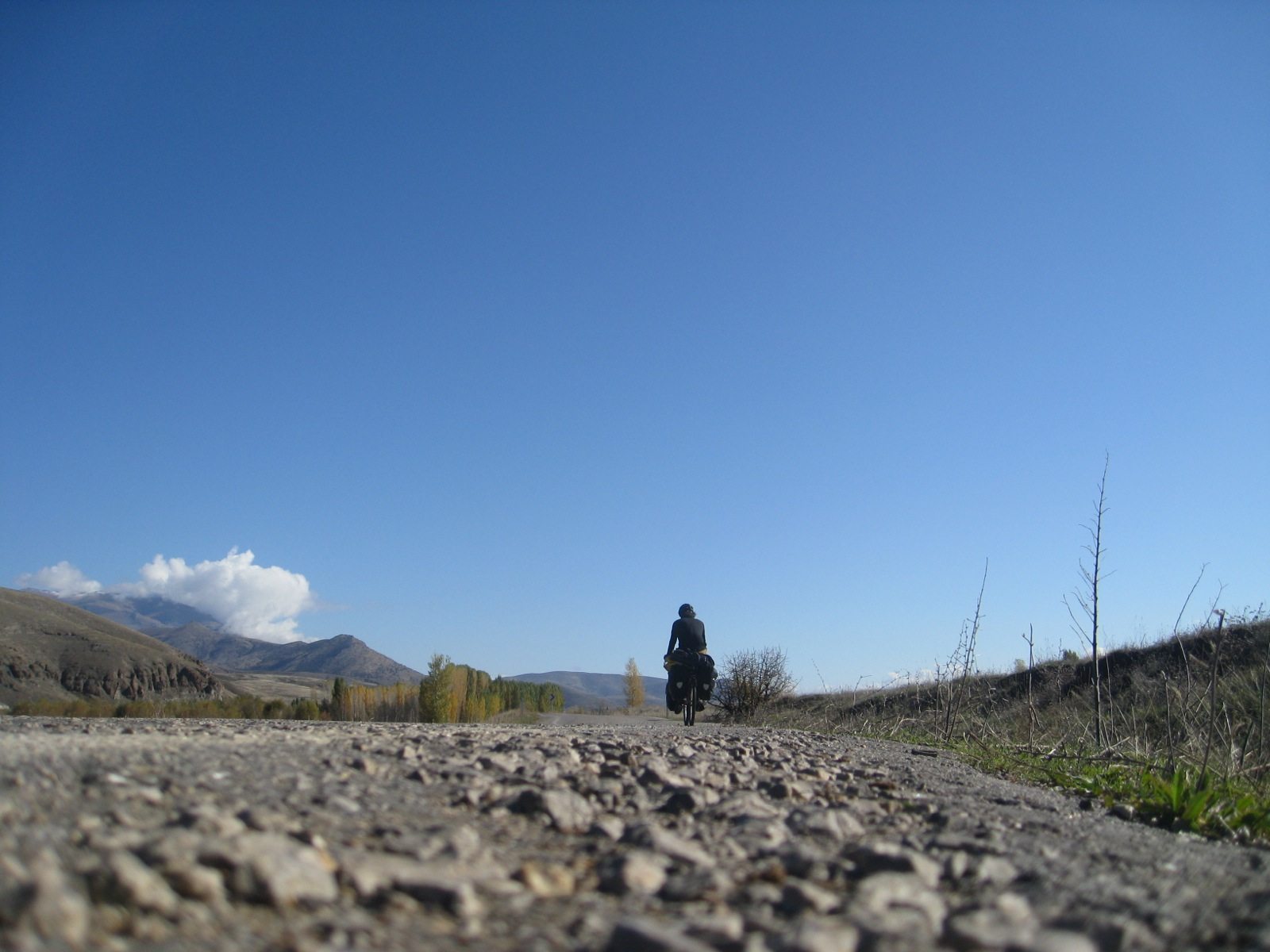
A few tips for other people:
– How did you turn your dream into reality?
Looking back it was a real privilege to be able to go on this journey, and I was incredibly lucky that all the pieces which allowed me to depart fell into place. The fact I was able to negotiate a career break, that I was single when made the commitment to go and that I had a source of income which would support me through the journey were all big factors that had to come together, and I was fortunate in the extreme that they did. For this reason I would advocate ensuring that over-ambitiousness does not become a barrier to action by remaining as flexible as possible about what is being taken on. As Mr Humphreys observes, the most import step in undertaking any adventure is making sure that you actually depart.
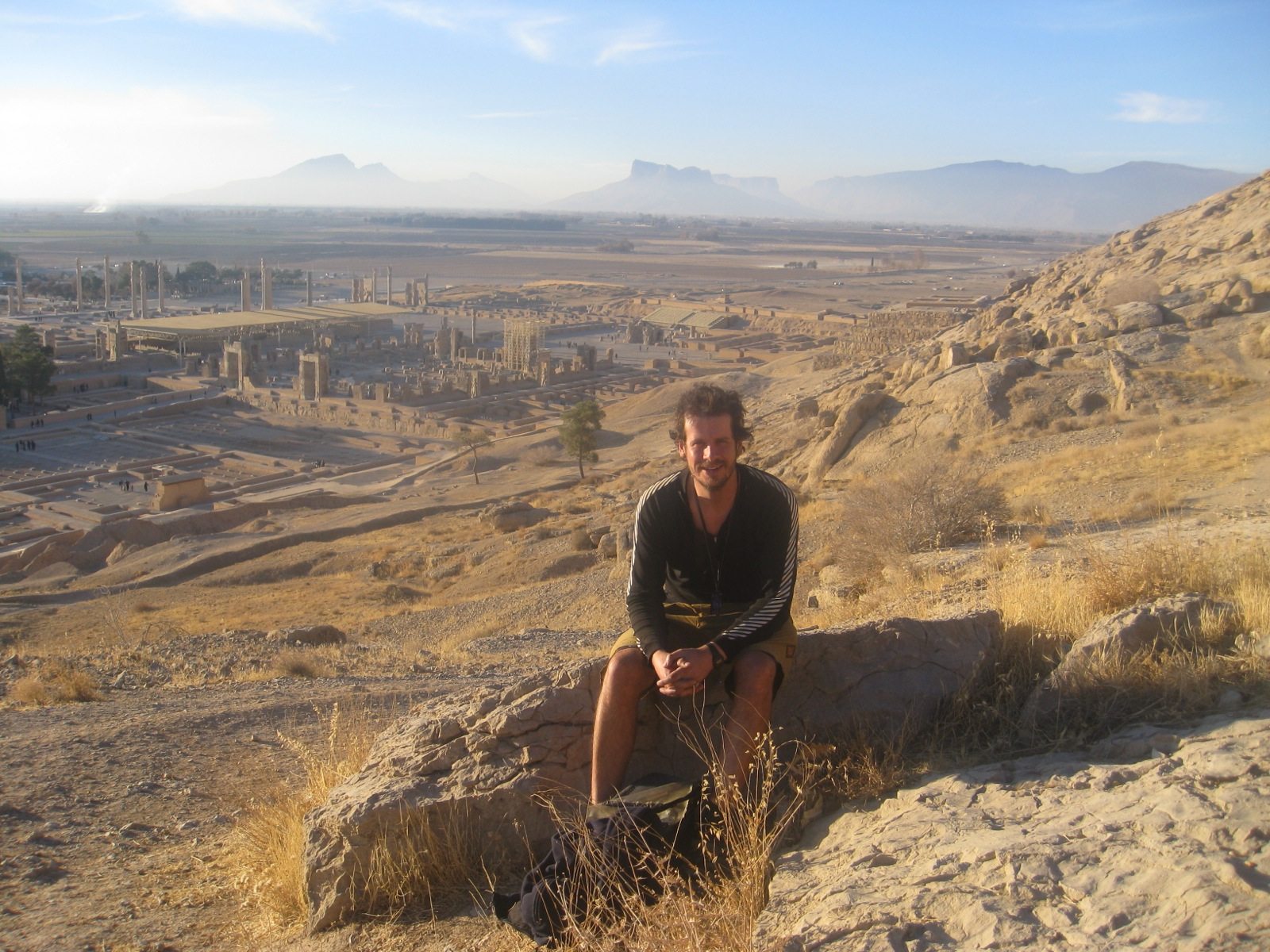
– What do you know now that you wish you’d known before your trip?
Again this question is surprisingly complicated to answer. As I have observed above I feel that this journey gave me skills and knowledge which are useful to me back in the professional world but I would still rather have gone on the journey in order to obtain those skills than have gotten them in some other, easier, way.
To expand, and to use an yoga based analogy, the stronger my asana-practice becomes the more apparent it is how much more there is to learn and how much more dedication will be required to progress. In fact the more dedicated my practice becomes the further away my originally held goals seem. I do however have an increasing appreciation of yoga as a journey and derive greater enjoyment from it as a result. The same was true of the bike journey; if I had understood the true extent of the forthcoming hardships prior to departure, actually departing (which was the hardest step of all) may have become too daunting a prospect. Ignorance, to a certain extent, is the mother of adventure. Similarly, it was impossible for me to understand fully what personal benefit and enjoyment I would derive from the journey and to understand how these would offset against the journey’s hardships.
In short, if I had known prior to my departure what I know now
a: I might not have departed at all and
b: I wouldn’t have had the same experience that I did.
On this basis, the most honest answer I can give to the question is “nothing”.
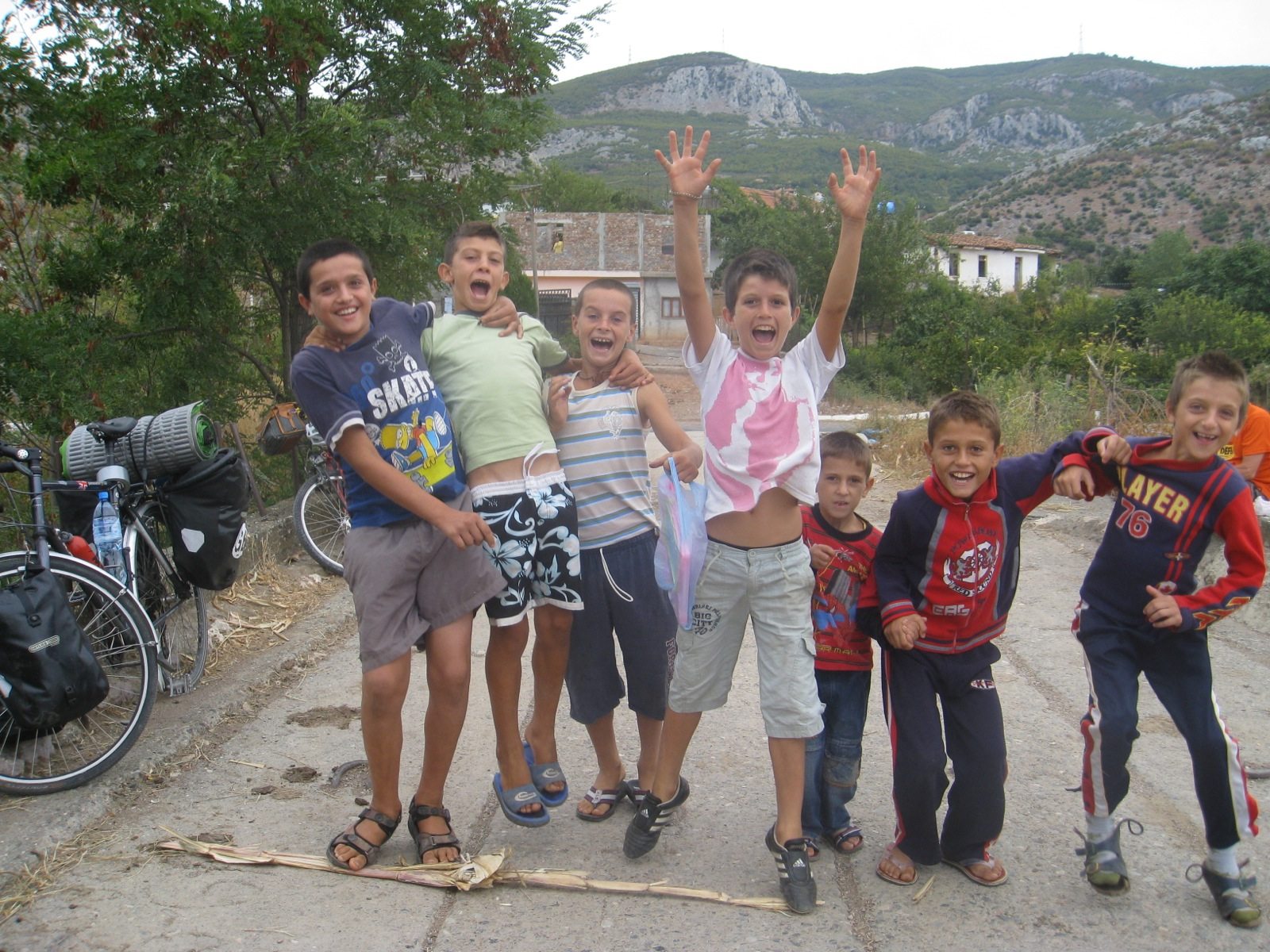
What practical steps should people take to make their adventure happen?
Most importantly, make sure you actually depart.
To get to this point there are some fairly obvious steps that need to be taken. It’s important to think carefully about how much the prospective expedition is going to cost and how to raise the necessary finance. It’s also important to budget for and think about the best way to obtain any necessary equipment significantly prior to departure. Excellent guidance on all this exists elsewhere.
What is less well understood and discussed, perhaps thanks to the inevitably macho nature of the expedition world, is the mental challenge associated with making a big life altering decision like going on a big expedition. For me the beginning and end of my trip were the most mentally challenging times. I think it’s important to build in enough time to mentally prepare for an expedition prior to departure and to allow some time to wind down following one’s return. Be aware that it’s likely to be mentally quite burdensome to go from a demanding full time job to a demanding expedition or vice versa without taking time for readjustment. For example I found social situations really quite challenging for a few weeks following my return.
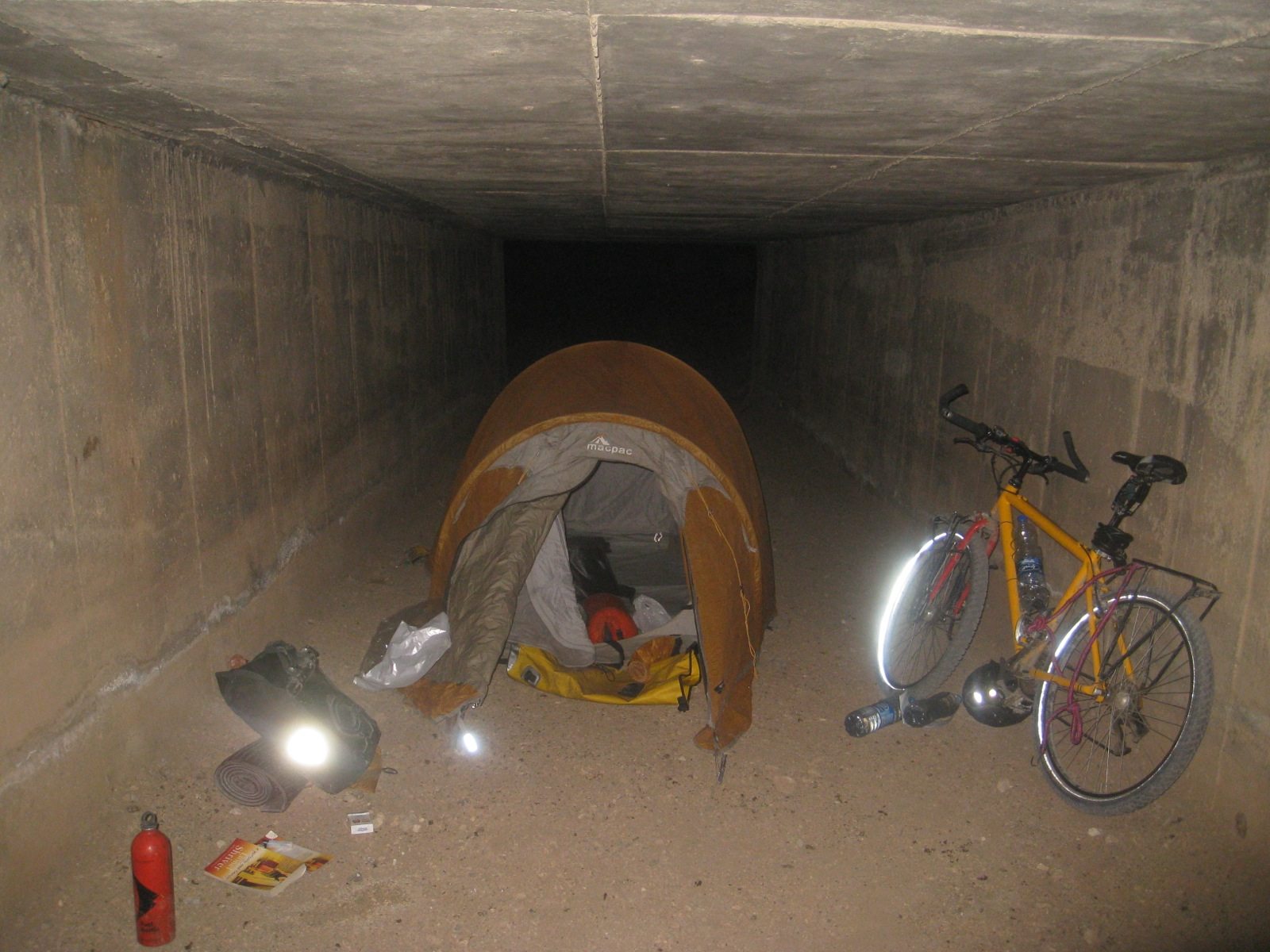
Any tips on saving for the trip or living cheap during the trip?
I worked out what exactly equipment I needed and steadily acquired it in the run up to departure. I got the bike through my employers cycle to work scheme and the other big ticket items (tent, stove) I had acquired over quite a long period. By working out what I needed to get early I knew what the budget required was and was able to keep an eye on Ebay and pick up all kit I needed at a reasonable cost. The total value of all the equipment I took with me was about £3,000, including the bike. I also got low level equipment sponsorship from a friend who’s company could write off the expense against tax and from another for who doing some basic graphic design work for my website enabled him to test a new market his firm was looking to enter.
I paid for this journey through a combination of savings and income derived from renting out my flat. When I left I had about £1,000 of savings and the monthly income from renting out my flat, after paying my mortgage and other expenses, was about £400. This journey was by no means extravagant but equally I was not wild camping every night and eating ramen noodles for every meal. There are many bicycle travellers who live far cheaper than I did and, all my extra cash really bought me was a few extra restaurant meals and the occasional extra night in a hostel. It would have therefore been possible to live quite a bit more cheaply than I actually did, had I needed to.
I would recommend having a regular monthly income over a large pool of cash which is slowly whittled down. This was possible for me by renting out my flat, but there are other ways of doing this too. A friend of mine who is a tree surgeon by trade now lives in Costa Rica largely on the income he derives from renting out his wood chipper and some other equipment back here in the UK…
The other financial imperative that allowed me to undertake this journey was the fact that I had a job to come back to upon my return. Because of this I was able to take on a bit more debt than I would otherwise have been comfortable with and, had I not had a job to come back to, I would have been more anxious about returning to the UK, such that I probably would not have enjoyed the final weeks and months of the journey as much as I did. I would therefore recommend having at least an idea of what will follow returning from a “big, life changing expedition” rather than expecting a trajectory to be magically mapped out as a result of undertaking said challenge.
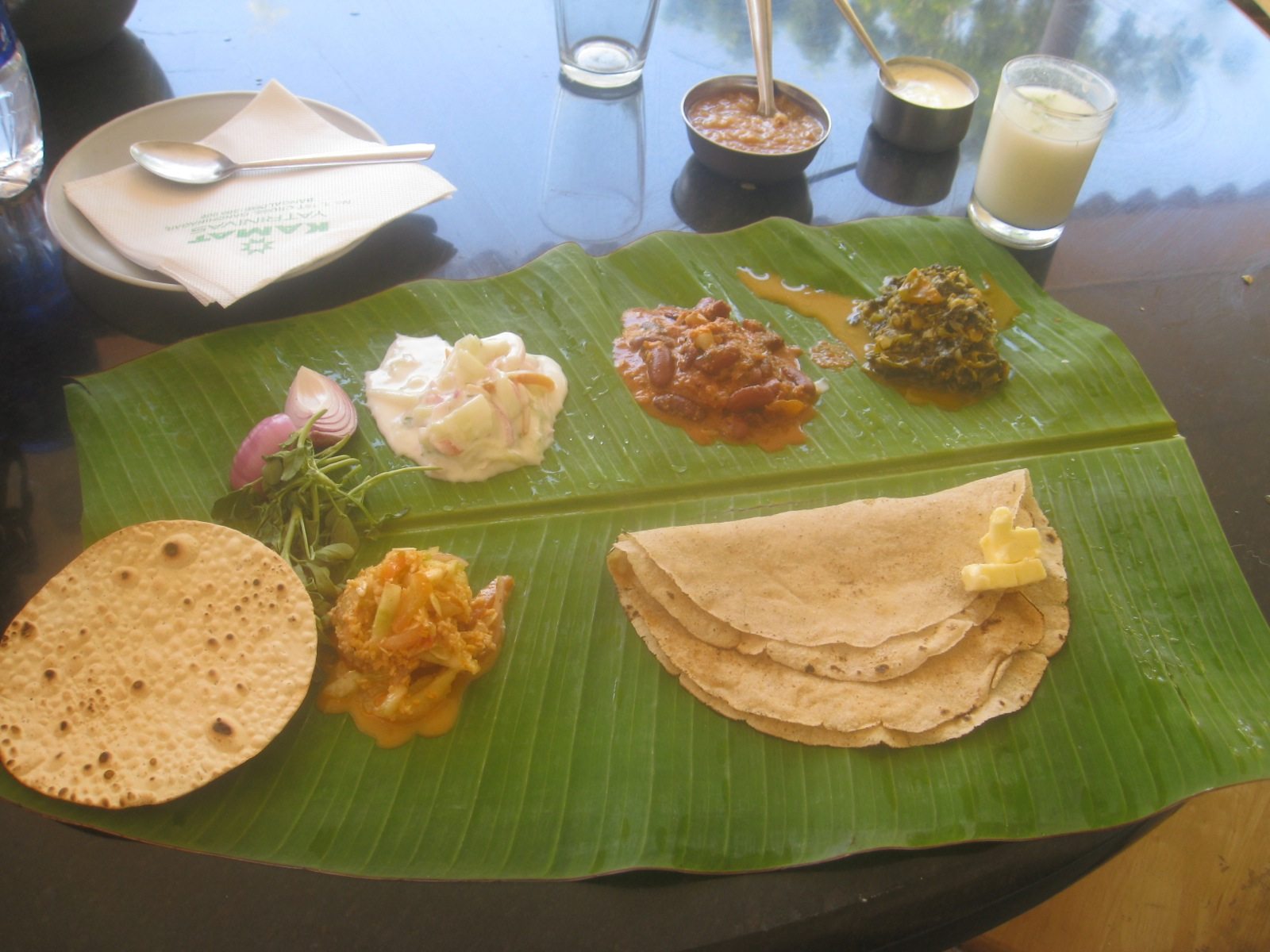
My new book, Grand Adventures, is out now.
It’s designed to help you dream big, plan quick, then go explore.
The book contains interviews and expertise from around 100 adventurers, plus masses of great photos to get you excited.I would be extremely grateful if you bought a copy here today!
I would also be really thankful if you could share this link on social media with all your friends – http://goo.gl/rIyPHA. It honestly would help me far more than you realise.
Thank you so much!
Grand Adventures from Alastair Humphreys on Vimeo.
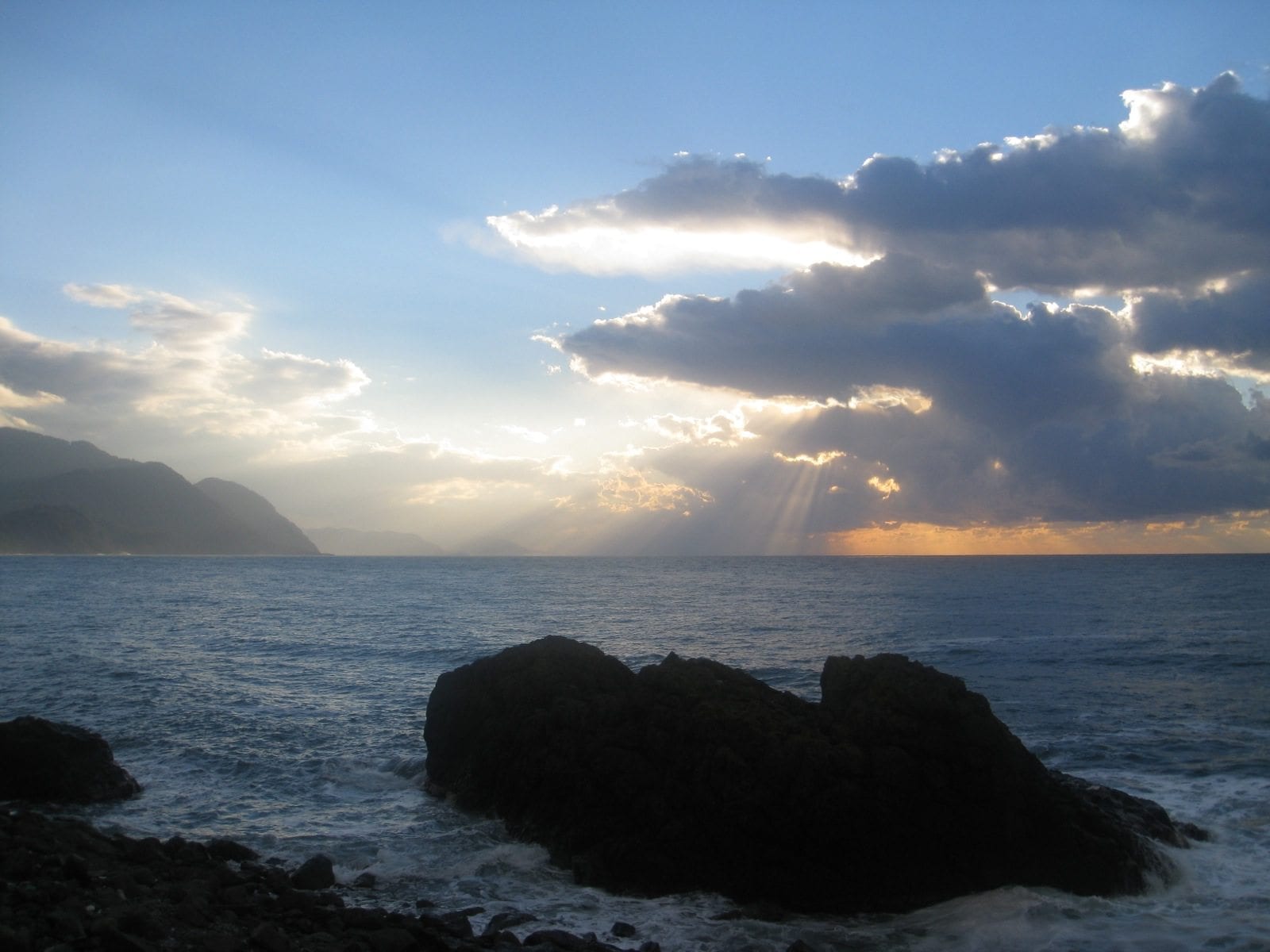
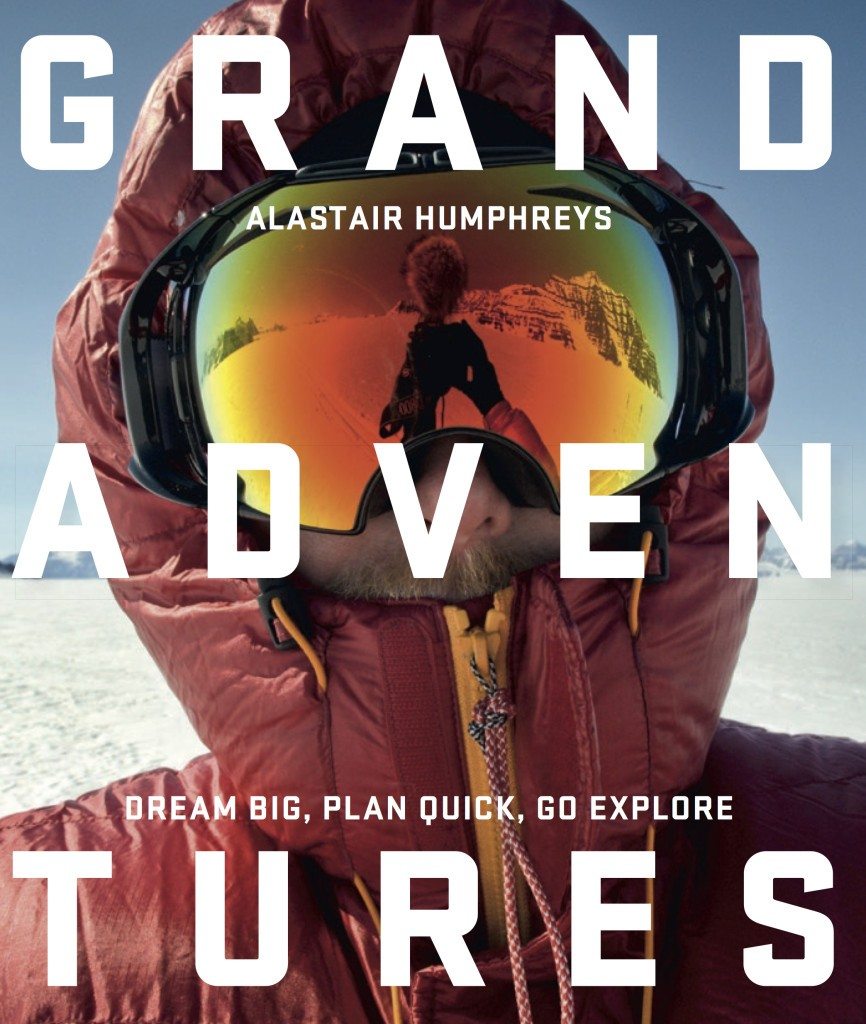
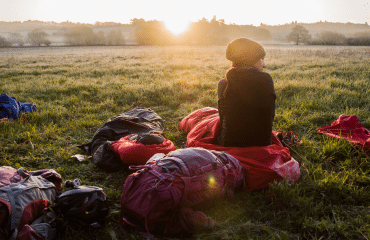
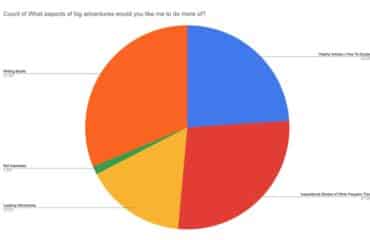
Wonderful article.
I feel fortunate to fund my jaunts from a significantly risky and adventurous proper job. By doing one makes me better at the other. That’s the theory any way!
I like this blog. I like this story. I like the idea that one day I might make my own adventure happen. But for now, what I’d like is to know where that ruined city is (photo 6). Looks absolutely stunning.
My guess was Persepolis in Iran and a quick Google image search seems to confirm that. It’s definitely on the want-to-visit list!
Hi Susan,
Correct – persepolis, Iran. (glad you liked the article by the way)
Tom